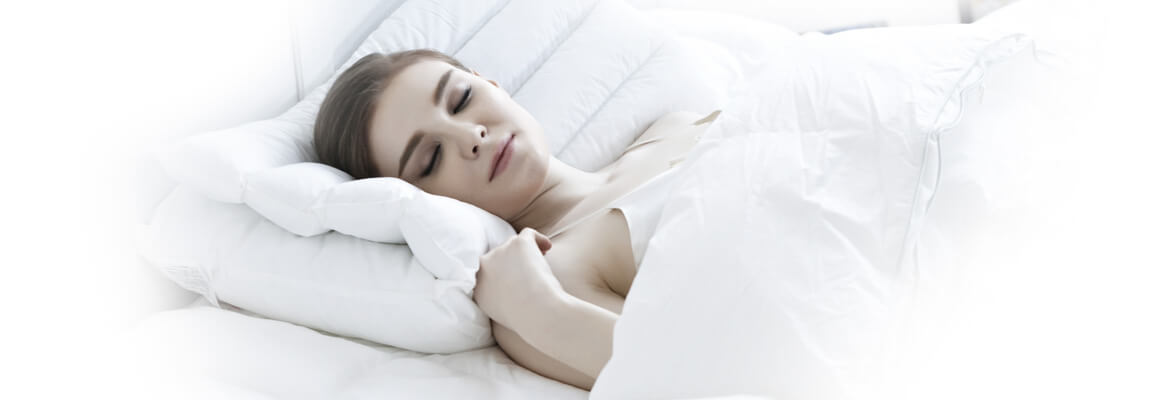Sweet Dreams
Sleep is possibly the most precious of all bodily functions. We dream, de-stress and most important, give our body time to recover from the battering it has faced during the day. Hence a daily quota of sound sleep is essential to our health and general well-being.
I know I get crazy when I don’t get my 8 hours of sleep. Unhealthy sleep lifestyle choices can really disrupt your life, and food has a lot to do with insomnia. Brain chemicals and neurotransmitters are required by the brain to influence mood, sleep patterns and appetite. Serotonin is a very important neurotransmitter and when low in supply causes insomnia and a depressed mood condition as well. Complex carbohydrates – obtained from brown rice, pasta (preferably not processed), potatoes, and whole oats stimulates the production of natural serotonin required by the brain to aid sleep. Whole grains are rich in tryptophan, an amino acid that can be converted to serotonin in the brain.
Other important foods that can help induce a peaceful sleep are, carrots, corn and sweet potatoes. Foods which are rich in vitamin B6 such as whole grains, nuts, sweet potatoes and fish also help boost serotonin levels. Also, Folate/Folic acid (Vitamin B9) rich foods such as broccoli, spinach, as well as fortified breads and cereals are high in folate, or folic acid. Broccoli and spinach should be eaten raw as cooking readily destroys folate. Beans, lentils and peas not only offer plant-based protein, they are also rich in mood boosting B-vitamins. Beans are high in both folate and Vitamin B6.
A recent discovery is that Omega 3 fats boost serotonin levels as well. These fats come from flaxseeds, walnuts and soybeans.
I’ve also jotted down a few simple tips to make sure your nights are peaceful and relaxing
- Chew your whole grain – the complex carbohydrates in brown rice are broken down by chewing, which in turn creates a peaceful and steady rise in blood sugar to the brain.
- Eliminate caffeine after 5 pm and minimize caffeine in your day-this includes tea as well.
- Avoid foods that contain Mono sodium glutamate (MSG) as it is know to be a sleep inhibitor, usually found in Chinese food and some processed foods as well. MSG can be hidden in packaged foods.
- Alcohol should be minimized, as the empty sugars will keep you up way past your actual bed time.
- Water before bedtime should be kept to a minimum to avoid going to the bathroom several times during the night.
- Establish a bed time ritual, like turning down the lights, lighting a diffuser with essential oils that can enhance sleep.
- Retire a half hour before your actual bed time to unwind.
- Be regular with not only meal timings, but also sleep timings.
- Try not napping, this has always worked for me.
- Try going to be bed at the same time daily.
- Avoid heated arguments before bed time.
- Include a physical activity in your daily routine (usually 3 hours before bedtime is a good time to switch off something like exercise.
- Make sure you have a good pillow that supports your neck.
- This trick has worked wonders for me: I use a pillow in between my knees when I am on one side to align my hips as I suffer from lower back pain.
- Don’t watch television in bed, bedrooms are for sleep and sex only.
- Get off the computer, ipad and phones (all sources of artificial blue light that disrupt sleep by inhibiting melatonin); switch off 3 hours before bedtime if you suffer with insomnia.

